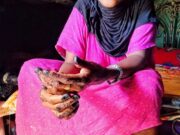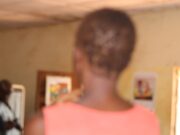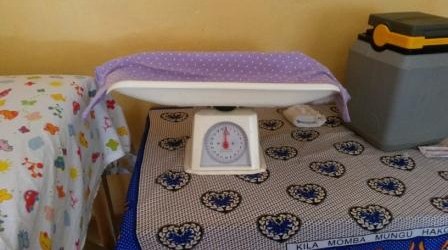If you have a child who is around 2 years old, I’m sure you’ve probably lost track of the number of times your baby has had a jab or an oral vaccine administered to them. And rightfully so, because newborns and little children are at greatest risk for infectious diseases because their immune systems are still developing, and so it is best that they be immunized. Many life-threatening and preventable diseases occur earlier on in life, and if vaccines are administered to them at that young age, they are unlikely to suffer from these diseases.
Immunization is known to be one of the most successful health interventions that help prevent thousands of deaths and disability of people across the world. Kenya ofcourse is no exception, and many of us are alive today because our moms ensured we got the necessary vaccines at the right time.
The basic principle of immunization is to administer into a healthy person a vaccine that prevents them from getting a certain disease. Take note of the word a ‘healthy’ person. You may have noticed that if your child was unwell at a time when he was due for a jab, then the doctor advised you to wait until baby finished his medication and was certified as healthy before he could be given the vaccine.
Kenya Vaccines Schedule
About the schedule of vaccines, when I was a new mom, I thought that the issue of vaccination was standard across all health facilities –whether public or private. But I have come to learn otherwise.
What I now know is that there are primary / mandatory vaccines (those in the national immunization programme), and then there are ‘booster’ vaccines, which are largely found in private health centers.
The Ministry of Health has a standard schedule for the vaccines, which details when (at what age) each respective vaccine should be given to a child. In this schedule, the completion of all the primary vaccines is within the child’s first year.
At the private health facilities, they have slightly different schedules. While they too administer the primary vaccines (government ones and at the recommended times), they have what are called ‘boosters’ or additional shots.
About these boosters (and vaccines in general), the best thing is to do your research about them, ask questions –and ask the right people (specifically your health care provider) about what you are unsure about. I have noted that there is lots of information out there about vaccines, lots of speculation by we moms, some doubts, some rumors, some fact, some neither here nor there… We share all this information during our chama’s, on Facebook, at our workplaces during teabreaks, after church, at weddings, while shopping at Toi market –basically anywhere a kamukunji of moms can be found. While this is not necessarily a bad thing, it sometimes one can get very confused about this whole vaccination affair, especially the booster shots. So the best thing is to always ask a medic if you are unsure about something.
And then, always remember to keep your child’s immunization card/booklet somewhere safe and take it with you to the hospital at all times, especially when you are taking baby for the next dose of vaccine.
Remember, the best gift you can give your child –is good health.
Incase you wonder about all those initials, and about the diseases that the vaccines prevent, here’s a guide:
BCG: Protects against Tuberculosis
DPT: Combined vaccine that protects against Diptheria, Tetanus and Pertussis (whooping cough)
HIB: Protects against Haempphilus influenza type B
HBV: Protects against Hepatitis B
OPV: Protects against Polio
PNEUMONIA: Protects against Pneumonia and otitis media
ROTAVIRUS: Protects against infections caused by Rotavirus
VARICELLA: Protects against Chicken Pox
HAV: Protects against Hepatitis A
INFLUENZA: Protects against Influenza
MEASLES: Protects against Measles
YELLOW FEVER: Protects against Yellow Fever
MMR: Protects against German Measles, Mumps and Rubella
CHOLERA: Protects against Cholera
MENINGITIS: Protects against Meningitis







































